Manila, 21 Jumadil Akhir 1437/31 March 2016 (MINA) – The Asian Development Bank (ADB) expects Indonesia’s economic growth to rebound in 2016 on the back of improving government spending realization (specifically on infrastructure development) and the series of economic policy packages that have been unveiled by the government
since September 2015. Consumers and private investors are expected to respond positively to these government efforts hence contributing to macroeconomic growth.
In its flagship report ‘Asian Development Outlook 2016’, released today (30/03), the ADB states that Indonesia’s gross domestic product (GDP) is estimated to accelerate from 4.8 percent (y/y) in 2015 – constituting a five-year low – to 5.2 percent (y/y) in 2016, and then to 5.5 percent (y/y) in 2017.
Although global financial market volatility remains a factor at play in 2016 (due to China’s economic slowdown and uncertainty about more interest rate hikes in the USA), enhanced infrastructure development in Indonesia and the government’s economic reforms (including deregulation of the economy and tax incentives for investors) give rise to
optimism and market confidence which should lead to rising private investment and consumption in Southeast Asia’s largest economy.
The ADB does not see rising external demand for Indonesian commodities and therefore the nation’s economic growth will be mainly fueled by domestic factors, Mi’raj Islamic News Agency (MINA) quoted indonesia-onvestments.com as reporting.
Also Read: Power Outage Hits Entire Aceh, Residents Flock to Coffee Shops to Charge Phones
Steven Tabor, Country Director for Indonesia, stated that it is vital for Indonesia remain committed to its ambitious public investment program, to deepen and safeguard the momentum of these reforms, to boost productivity, attract both foreign and domestic direct investment, and nurture new sources of growth.
Diversifying economic activity in Indonesia would reduce ongoing dependence on a narrow range of commodities (particularly crude palm oil and coal).
Tabor added that the reform packages should be expanded to address barriers to micro- and small-enterprise development, deepen financial markets, improve land titling and registration, and address labor market rigidities.
In the report the ADB also notes that an expanding manufacturing sector would help as well as a stronger focus on those sectors or industries that have room for strong growth such as tourism, high-value agriculture, marine fisheries, aquaculture and e-commerce.
Also Read: West Sumatra Suspends In-Person Classes, Implements Remote Learning for Three Days
India will remain one of the fastest growing major economies in the period ahead. Growth will reach 7.4% in 2016 before picking up to 7.8% in 2017. India’s economy expanded by 7.6% in 2015 as strong public investment boosted growth, despite weak exports.
Reforms geared to attract more foreign direct investment and stronger corporate and bank balance sheets will help maintain growth momentum.
Southeast Asia meanwhile is set for stronger growth as output accelerates steadily from 4.4% in 2015 to 4.5% in 2016 and 4.8% in 2017.
Regional growth will be led by Indonesia as it ramps up investment in infrastructure and implements policy reforms that spur private investment. (T/R07/R01)
Also Read: Indonesia-Oman Agree on Visa Waiver for Diplomatic, Service, and Special Passports
Mi’raj Islamic News Agency (MINA)





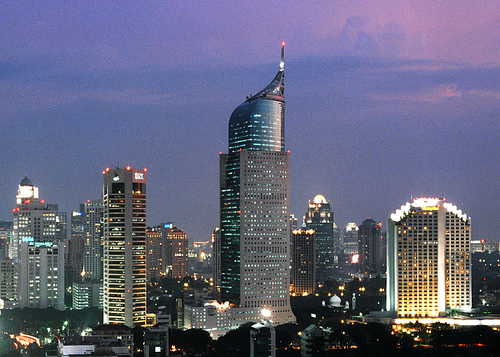





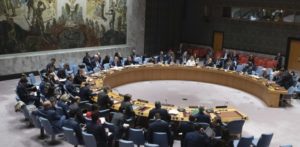

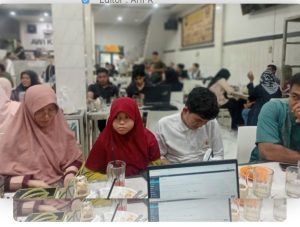



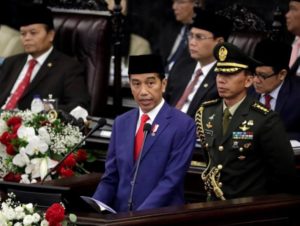
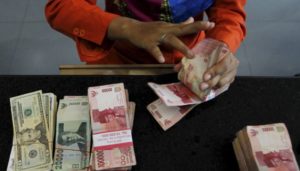


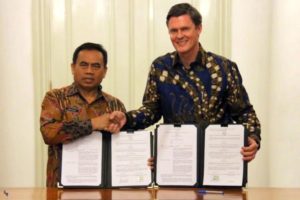















 Mina Indonesia
Mina Indonesia Mina Arabic
Mina Arabic